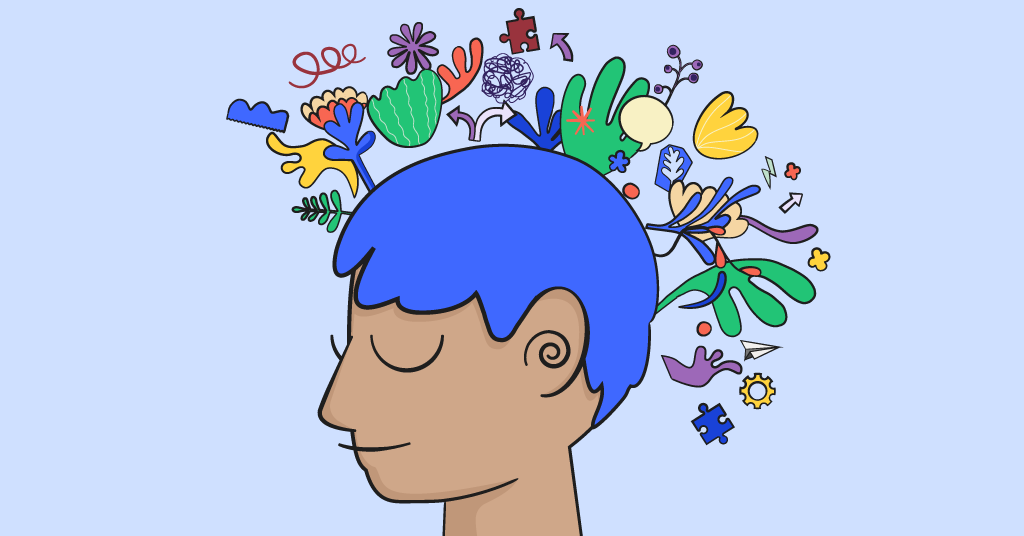
**This blog post was updated on August 25, 2022.**
Navigating the days and weeks after your child’s suicide attempt isn’t easy. Your entire family is affected, and most of all, your child will need all the support you can give. Feelings of guilt, shame, anger, sadness, and shock are all common. But no matter how dark things may seem right now, try to remember that hope and recovery are possible.
In this blog post, we’ll walk you through some of the most important things you can do to help support your child and help them heal. At the bottom of this page, you’ll also find links to organizations that can help guide you through this difficult time.
Get Them Professional Help
The most important thing you should do is get your child in to see your family doctor, a psychiatrist, or a psychologist. School counselors may also be an additional resource. Oftentimes, major depressive disorder can be the driving cause of suicidal ideation, so treating the underlying cause is crucial. According to the American Foundation for Suicide Prevention, therapy and medication are two options that may provide help. Therapy in particular can teach your child healthy coping skills when they feel distress or emotional pain in the future.
Listen Unconditionally
Talk with your child and listen to everything they want to share about what’s happened. This includes things like how they feel now, how they felt before, and why they felt unable to come to you when they were struggling.
Remember, you don’t have to understand everything to listen and support. Even if you don’t know what to say or how to respond, giving your child all of your attention and support can mean the world. Tell your child you love them and are here for them — no matter what.
Avoid saying things like:
- How could you do this to me?
- Why have you done this?
- Your life isn’t that bad
- How could you be so selfish
- Other people have it so much worse
Create a Healthy Space to Heal
Addressing any underlying mental health concerns like depression will underscore everything your family does to help your child right now. But there are also small things you can do to assist in their recovery. Make sure they are eating regularly, and provide healthy, nourishing foods. Encourage them to engage in physical activity they enjoy. If they’ve been prescribed any medication by a medical professional, ensure they don’t miss a dose.
Make a Safety Plan Together
A safety plan is a written document that your child and family can turn to in times of suicidal crisis. It provides immediate information that could possibly save their life. This template is a good place to start, and we recommend sitting down together to fill it out. Safety plans include:
- Friends and family your child can contact if they’re feeling suicidal
- Reasons to keep living
- Tried and true coping strategies
- Emergency contact numbers of doctors and nearby hospitals
- Feelings, situations, and activities that may trigger suicidal ideation
Acknowledge Your Feelings
As you work to help support your child through this stressful and scary time, remember to take care of yourself, as well. What you’re going through is one of the hardest things a parent can deal with. You may feel alone, guilty, frightened, angry, or any combination of these and more. Talking to a trusted friend, finding a support group, or trying therapy can all help you stay resilient. You can’t pour from an empty well, and right now your child needs you more than ever.
Reduce Risks at Home
Helping to protect your child from another suicide attempt is incredibly important. Research shows that of individuals who die by suicide, 80% had an attempt within the previous year. Consider removing all weapons from the home — especially guns. Lock up any medicines that have the potential to be used for an overdose. Try to keep substances like alcohol and drugs away from your child, as well. Being intoxicated can exacerbate feelings of hopelessness and despair.
Know the Warning Signs of a Suicide Attempt
Familiarize yourself with all of the different potential red flags of suicidal thinking. The earlier you may notice a change, the quicker you can intervene and get your child help.
- Talking about or preoccupation with death or suicide
- Withdrawal from family and friends
- Changes in sleeping and eating patterns
- Giving away possessions
- Loss of interest in hobbies and activities
- Alcohol/drug use
- Declining school performance
- Talking about being a burden
- A very sudden switch to a positive mood
Helpful Resources
There are many nonprofits and organizations dedicated to helping families and individuals affected by a suicide attempt, including:
Read more
Bark helps families manage and protect their children’s digital lives.





